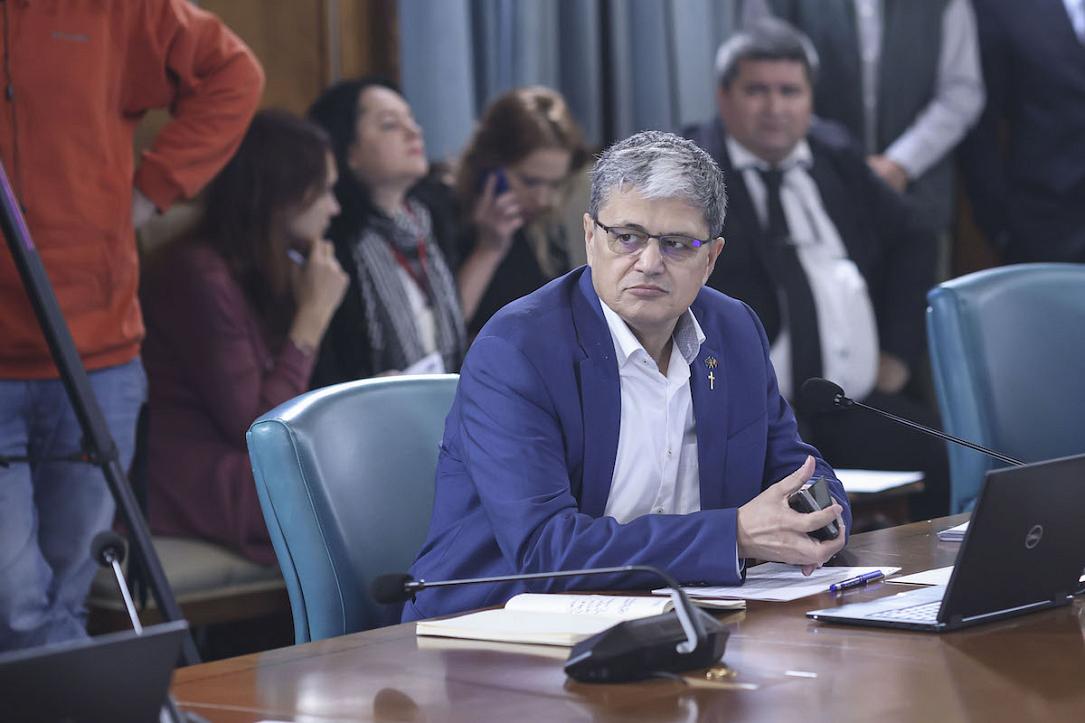Romania's FinMin admits fiscal consolidation may take at least 7 years



Romania could need seven years to reduce the budget deficit from 5% of GDP this year to the 3% of GDP target set by the European Union's prudential regulations, finance minister Marcel Bolos said in a Bloomberg interview broadly commented by local media.
Fiscal discipline is not possible in an electoral year in a country like Romania, the Liberal finance minister bluntly admitted on an unexpected frank note.
Although minister Bolos hasn't pointed his finger at the senior ruling Social Democratic Party (PSD), the interview may be a first step toward the Liberals' electoral campaign. Fiscal consolidation is not possible if the Social Democrats continue setting the fiscal policy - it may be the second step of the Liberals' rhetoric in the context of the multiple elections this year.
Social Democrat prime minister Marcel Ciolacu, asked by journalists about the Bloomberg interview given by his finance minister, could not provide an answer.
"I just don't know if a more significant adjustment is possible for us. It's an election year, and spending cuts are a sensitive topic in our country," minister Bolos admitted.
"Romania remains a very attractive issuer for investors, albeit, unfortunately for us, at quite high costs," the finance minister continued, speaking about the financing of the country's wide public deficits.
Even this sluggish seven-year fiscal consolidation calendar depends on the rating agency's patience, the Liberal finance minister Bolos said, pointing to possible negative rating actions.
Romania's sovereign rating is at the lowest level of the investment-grade region.
"Although the EU has introduced some flexibility when it comes to fiscal rules, rating agencies may not be as lenient if spending plans are announced without a clear picture of revenues, minister Bolos also said.
"We spoke with the rating agencies who warned us about increases in public spending in the broader context of an election year. I urged them to take into account Romania's strong points in comparison with countries that benefit from a similar rating, such as the high level of investments and the low public debt," stated the minister of finance.
iulian@romania-insider.com
(Photo source: Inquam Photos/Sabin Cirstoveanu)